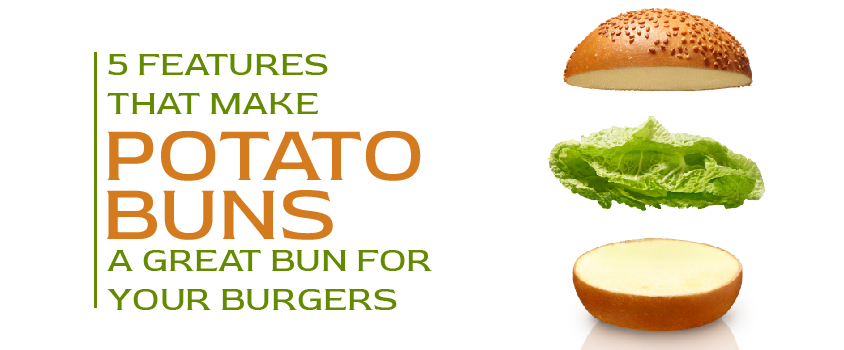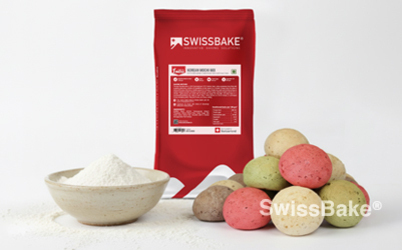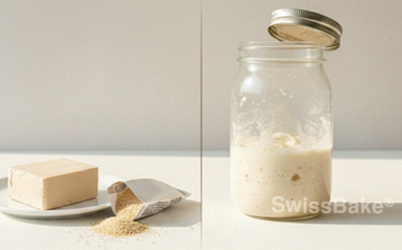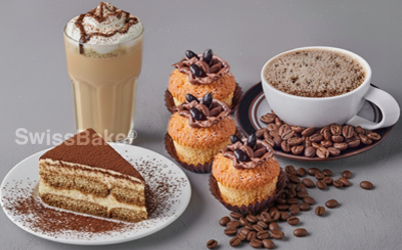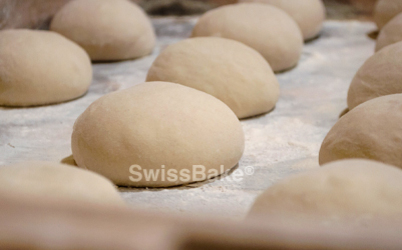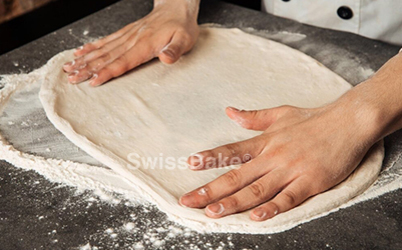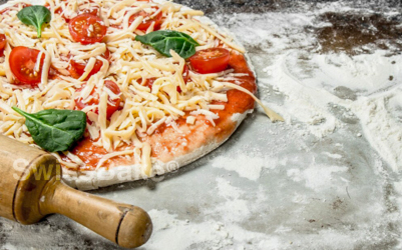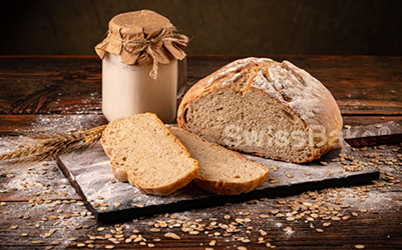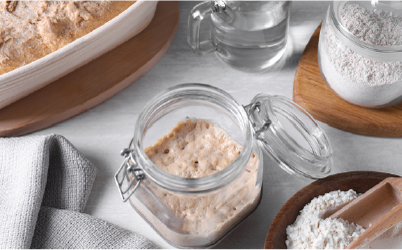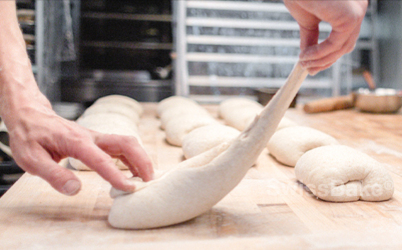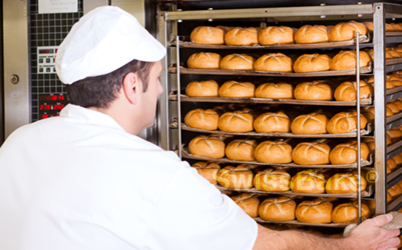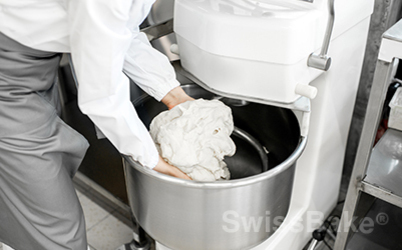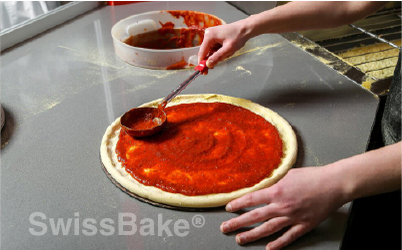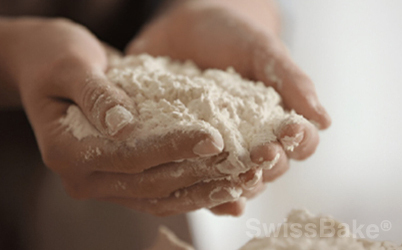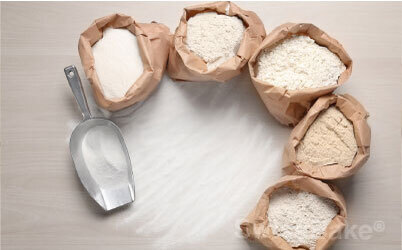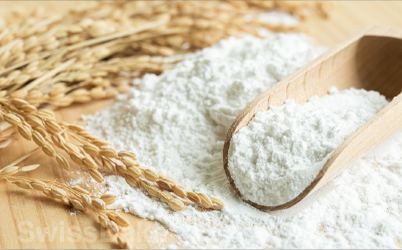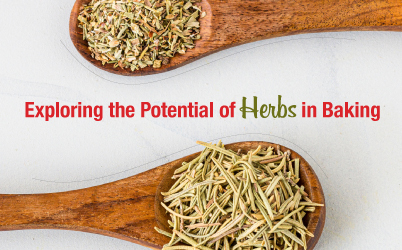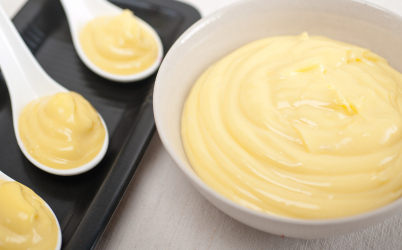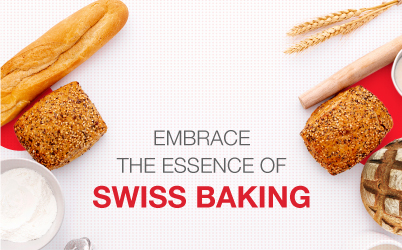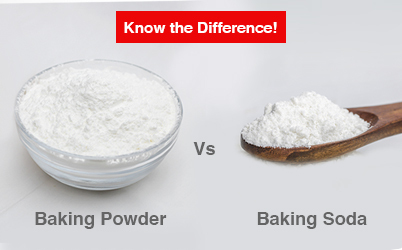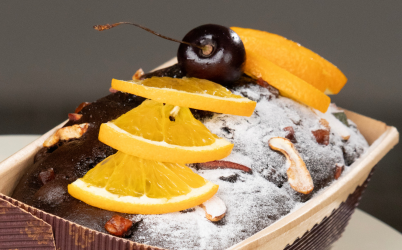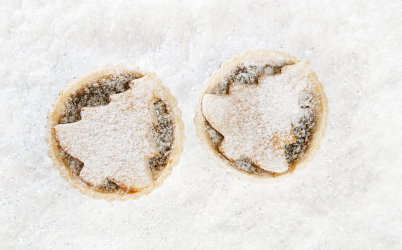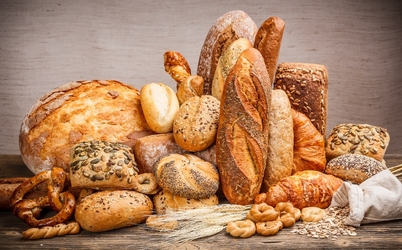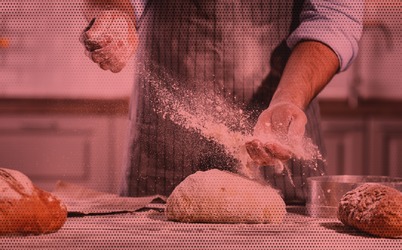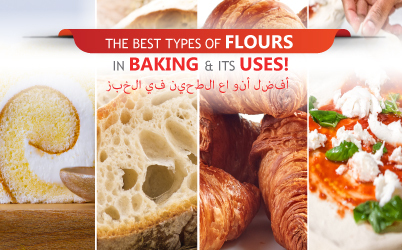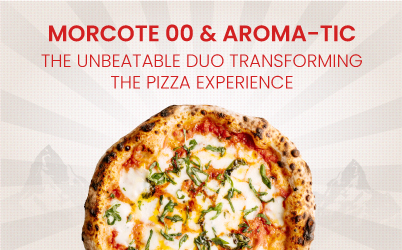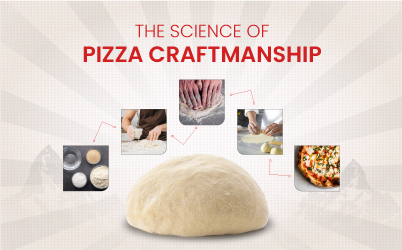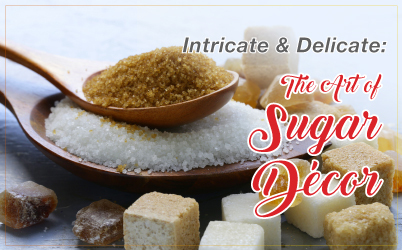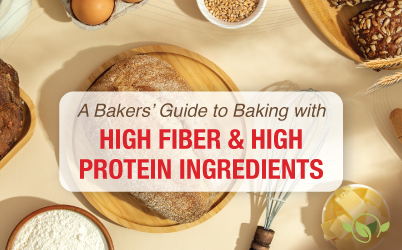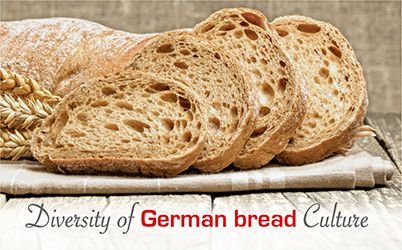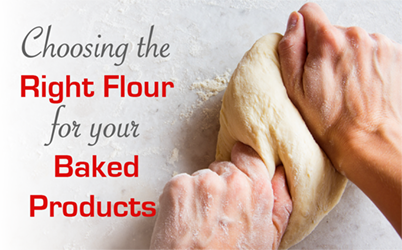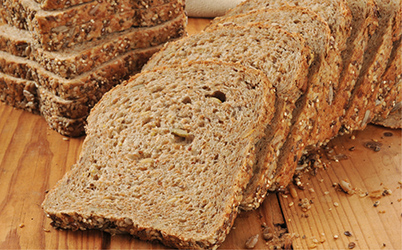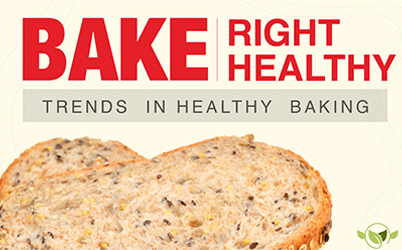5 Features That Make Potato Buns the Perfect Choice for Burgers
The quick-service restaurant (QSR) market in the Gulf region is highly competitive, with brands continuously trying to differentiate themselves by offering unique value propositions to their customers. As a professional baker, you want to serve your customers the best and most suitable food choices that not only allure them but also ensure brand loyalty and repeat purchases. To succeed in the QSR space, it's important to offer products that are prepared and served quickly, which is why burgers continue to be one of the highest demand products in this segment.
When it comes to burgers, the quality of the patties and sauces are undoubtedly the most important aspects that determine the overall taste and texture profile. However, as QSRs continue to look for ways to differentiate themselves, they are increasingly offering innovative variations of bread buns that perfectly complement the taste and texture profile of their burgers.
But with so many options available, choosing the right type of bun can be a daunting task, especially when it comes to maintaining inventories of all the different variations. During the initial stages of your business, having a reliable and dependable option that is suitable as a universal offering yet different from traditional bread buns in every way will be an ideal choice. This is where the old-fashioned potato buns/rolls come in as a preferred choice for your perfect burgers.
Potato buns and rolls are golden-colored, super light and airy with a soft texture that is perfect for burgers. Different types of potatoes and potato flours, along with wheat flour, are used to make the dough for these super light burger buns. Here are 5 reasons why potato buns are the perfect choice for your burgers in the Gulf:
-
Excellent Mouthfeel: Potato buns have ingredients like potato flour and mashed potatoes that give the bun a smooth mouthfeel that is not too sweet and has a neutral flavor profile. This greatly enhances the overall experience of your burger while not interfering with the texture and taste profile of your patty, sauce, cheese, etc.
-
Moist Texture: Potato flour contains potato starches that absorb more water than wheat flour, which helps to retain moisture in the dough and provides an excellent moist texture to the baked potato buns.
-
Lighter Crumb: Potato starches not only absorb more water but also play a vital role in disrupting the gluten network. During the process of baking, the potato starches enlarge their molecules and make it difficult for the gluten to form its network, leading to a lighter crumb that is easy to digest.
-
Quicker Rise: Potatoes naturally contain potassium, which is an essential ingredient of the chemical leavening system of many baked products. It accelerates the yeast activity by helping it produce carbon dioxide quickly as compared to wheat and allows the baked product to rise quickly.
-
Longer Shelf Life: Potato starch molecules decrease the starch retrogradation process by holding the moisture for a longer period of time as compared to wheat starch. Due to this, the potato buns stay fresh for a longer duration when compared to any other kind of bun.
The Gulf market for potato buns is growing rapidly as they establish themselves as the preferred base bun choice for burgers and rolls. However, baking them in bulk regularly can turn out to be quite a hectic task. Consistency of ingredients, stocking of each and every ingredient, and expert replication of recipe preparation require a lot of management and expertise.
The above-mentioned reasons are why the old-fashioned traditional American burger bun is slowly making its come back into the global burger industry and establishing itself as the preferred base bun choice for burgers and rolls. Although potato buns have it’s own qualities that making them ideal for the burger industry, baking them in bulk regularly may turn out to be quite a hectic task. Consistency of ingredients, stocking of each and every ingredient and expert replication of recipe preparation does require a lot of management and expertise.

